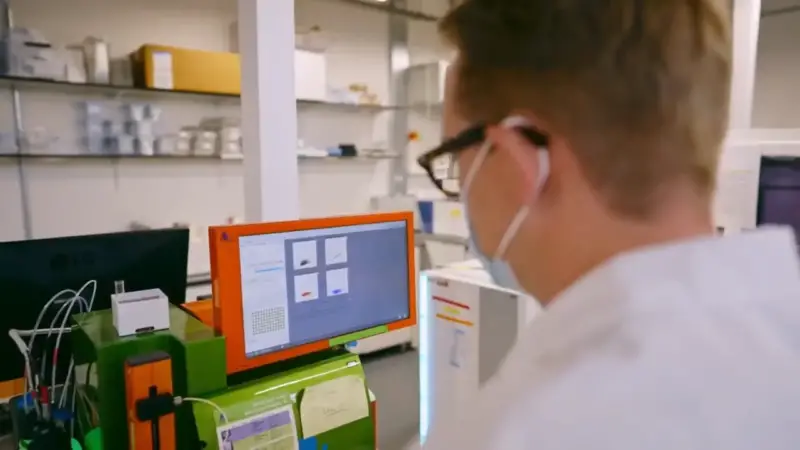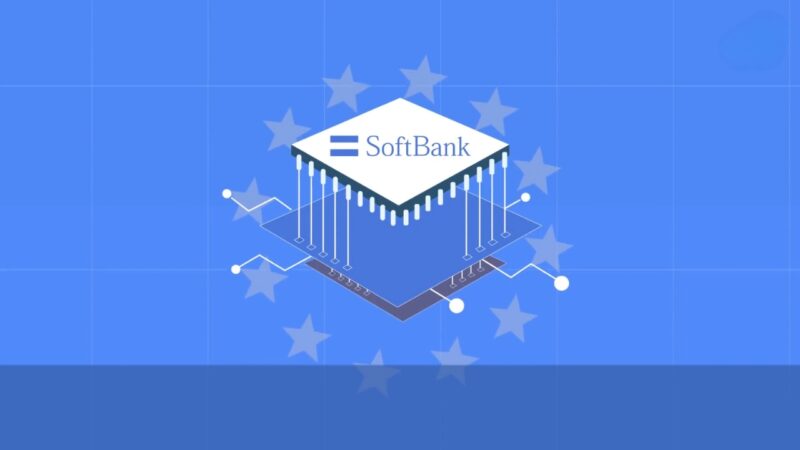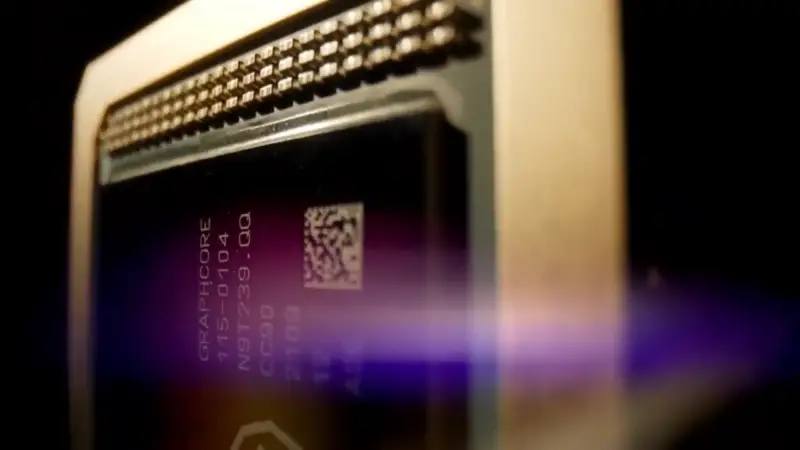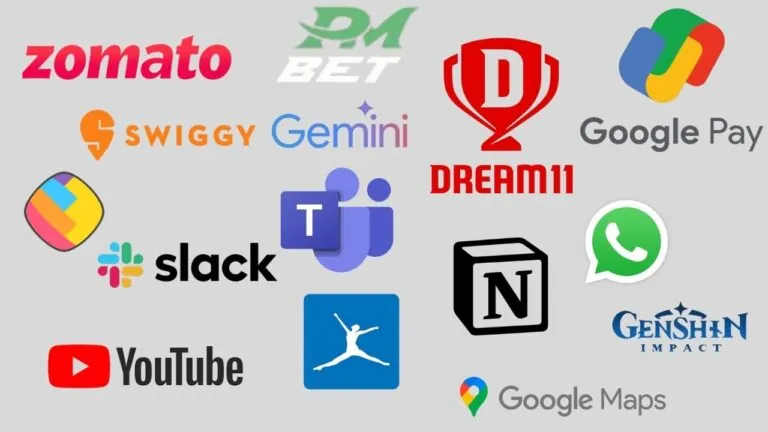SoftBank has officially acquired UK-based chip company Graphcore, following a period of protracted negotiations and regulatory approvals. The exact value of the deal remains undisclosed, with Graphcore CEO Nigel Toon stating that the widely speculated $500 million figure is inaccurate. The acquisition, rumored for months, marks a significant move in the AI chip space as SoftBank aims to bolster its AI ambitions.
Founded in Bristol in 2016, Graphcore has developed a new type of processor called an Intelligence Processing Unit (IPU), distinct from the Graphics Processing Units (GPUs) made by companies like Nvidia. Both types of processors accelerate computation, but IPUs are designed specifically for AI workloads.
Graphcore positions its chips as a more efficient alternative to GPUs, focusing on large-scale parallel processing and the execution of complex machine learning models. The company has raised around $700 million since its inception, reaching a valuation of nearly $3 billion in late 2020.
With high-profile investors such as Microsoft, Sequoia, and angels like DeepMind’s Demis Hassabis and OpenAI co-founder Greg Brockman, expectations were high for Graphcore to become a major player in the AI hardware sector.

However, Graphcore faced significant challenges in the highly competitive and capital-intensive AI hardware market. It missed out on lucrative cloud deals with Microsoft and failed to secure support from the UK government for its exascale computer plans.
Additionally, Graphcore was forced to exit China last year due to US export rules. These setbacks, combined with widening losses and the approaching four-year mark since its last capital injection, made an acquisition seem increasingly likely, especially given the surging demand for AI hardware.
SoftBank, which has experience in the semiconductor industry through its acquisition of Arm, saw potential in Graphcore. SoftBank previously acquired Arm for £24 billion ($31 billion) and retained a stake as it spun Arm out as a $55 billion publicly traded company last year. Arm’s current valuation of nearly $200 billion suggests that SoftBank might be a strategic partner for Graphcore as it seeks to scale its operations and technology.
Despite the acquisition, Graphcore’s leadership remains optimistic. Toon confirmed that there would be no layoffs as a result of the acquisition, and the company plans to significantly increase its headcount in the UK. Both Toon and CTO Simon Knowles will continue in their executive and directorship roles.

While the sale to SoftBank might be seen by some as a missed opportunity for the UK or Europe to establish an independent AI hardware giant, Toon emphasized the positive aspects of the deal, highlighting SoftBank’s willingness to make the substantial investments required for success in the AI hardware market.
Toon acknowledged that Graphcore’s early promise had not been fully realized, attributing this to the massive scale and investment required in the AI hardware space. Developing systems with 100,000 interconnected AI processors and the necessary infrastructure, such as networking and liquid cooling, is an enormous undertaking.
As a relatively modest-sized company with around 500 employees, Graphcore faced significant challenges competing with giants like Nvidia, which has around 30,000 employees and decades of organic growth.
The acquisition by SoftBank allows Graphcore to access the level of investment needed to compete in the AI hardware market. Toon confirmed that some former employees’ stock was wiped out in the deal, indicating that the acquisition price was likely below or around the amount Graphcore had raised. However, current employees and investors were reportedly satisfied with the outcome.
SoftBank to buy UK chipmaker Graphcore in AI push https://t.co/XGSG6jyJaw
— FT Technology News (@fttechnews) July 11, 2024
Regulatory approvals for the acquisition were completed smoothly, with SoftBank and Graphcore receiving all necessary antitrust and security clearances. The deal was scrutinized under the UK’s National Security and Investment Act, which came into force two years ago.
With all approvals in place, Graphcore will operate as a wholly-owned subsidiary of SoftBank, retaining its headquarters in Bristol and additional hubs in London, Cambridge, Gdansk, and Hsinchu.
Looking ahead, Graphcore’s future as a SoftBank subsidiary is promising. Vikas J. Parekh, managing partner at SoftBank Investment Advisers, emphasized Graphcore’s role in SoftBank’s AI ambitions. “Society is embracing the opportunities offered by foundation models, generative AI applications, and new approaches to scientific discovery,” Parekh said.
“Next-generation semiconductors and compute systems are essential in the AGI [artificial general intelligence] journey; we’re pleased to collaborate with Graphcore in this mission.”










